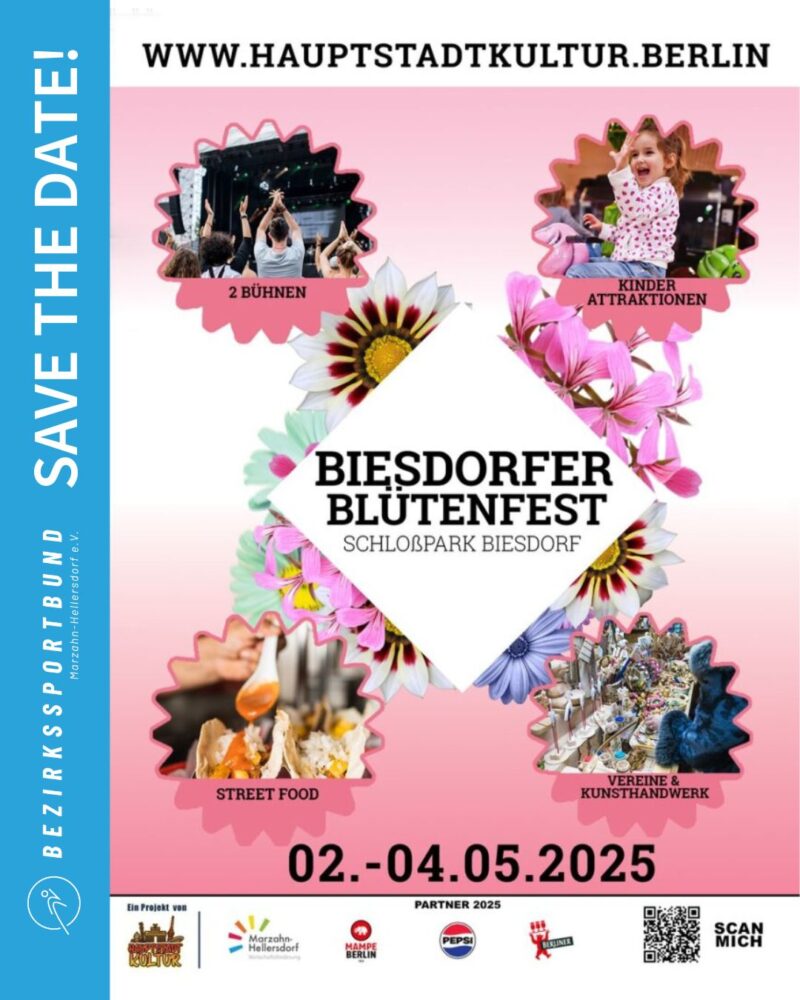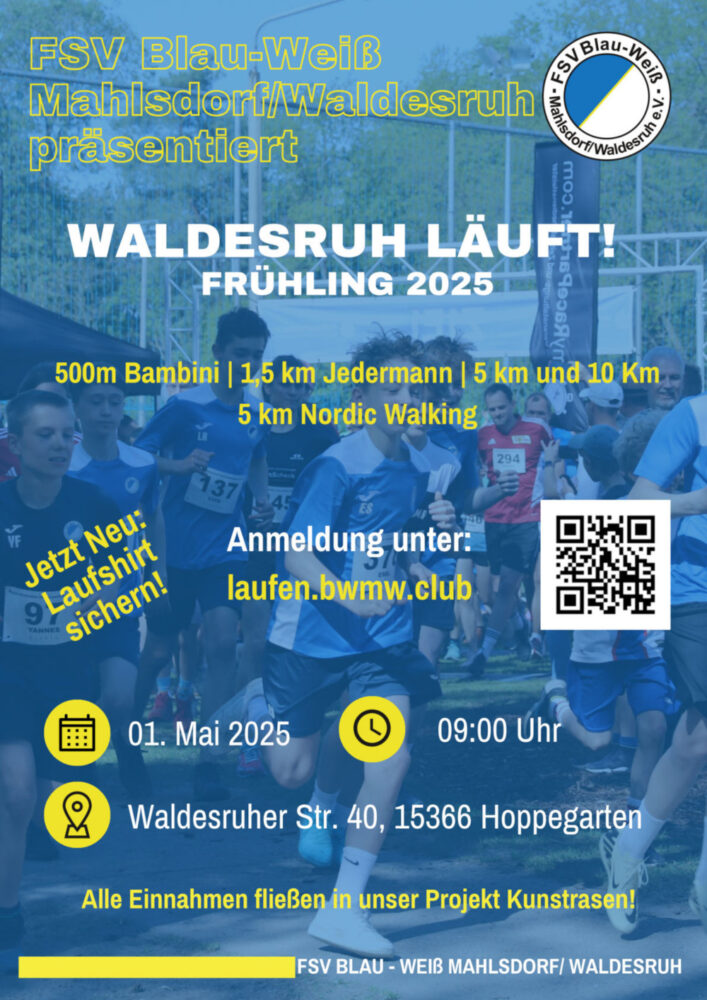In this article you will learn about sport climbing, a relatively new sport at the Olympics. After its premiere in Tokyo 2021, this is only the second time the sport has been included in this year’s Olympic Games in Paris from July 26 to August 11.
History
Sport climbing is a form of free climbing where the sporting aspect is in the foreground. Climbing is done without climbing aids, but not necessarily without safety equipment such as bolts, harnesses and ropes. The roots lie in the idea of free climbing. The first sport climbers have been active since the beginning of the 20th century, especially in the Alps. In 1985, the first organized climbing competition was held near Turin with the “SportRoccia” event. Since 1991, world championships have been held in the lead and speed disciplines (see below for explanations of the disciplines). The third Olympic discipline, bouldering, was added to the World Championships in 2001. In 2018, sport climbing was part of the Youth Olympic Games in Buenos Aires for the first time.
Sport climbing at the Olympics
At the Olympic Games in Tokyo 2021, the three different disciplines of lead, speed and bouldering were combined into one competition.
At the games in Paris, the competition mode will change again. There will be two competitions each for male and female athletes. The bouldering and lead disciplines are combined. Speed climbing takes place as an independent competition. These changes increase the number of participants from 40 to 68 athletes. There are also more medals to be won, which makes the competitions even more exciting. By splitting up the disciplines, the climbers can better specialize in the respective competition and raise the level of performance even higher.
Disciplines
Lead: In Lead, the athletes, secured by a rope, climb as high as possible on a climbing wall in six minutes without having seen the route beforehand. They only have one attempt at this. Points are awarded according to the corresponding height or the number of holds achieved.
Bouldering: In bouldering, the athletes have four minutes to climb a predetermined route (so-called problem) on a 4.5m high climbing wall. They are not secured. Athletes receive points for reaching different zones or the last hold (“top”) of the route. For each further attempt until the furthest reach is reached, 0.1 points are deducted. If the route is successfully climbed on the first attempt (“flash”), the athlete receives the maximum number of points (25 points). Several routes must be climbed during the competition.
Speed: In speed, two athletes compete against each other at the same time. You have to try to reach the touchpad at the end of the 15 m high climbing wall as quickly as possible. These climbing duels are held in knockout mode. The route is standardized worldwide. The five-degree incline of the climbing wall is also the same for all competitions.
Climbing in Berlin
In Berlin, too, there are now numerous opportunities for climbing, be it on classic climbing walls, in indoor climbing halls, in climbing gardens or other climbing parks. You can find an overview of the climbing and bouldering options here.
In Marzahn-Hellersdorf, the Wuhletalwächter in Eichepark is particularly noteworthy. This is a 17.5 m high climbing tower operated by AlpinClub Berlin e.V.. However, you must be a member of AlpinClub Berlin and book a climbing date. That is possible here. In Stendaler Straße in Hellersdorf there is also the BergWerk. BerlinEurope’s largest indoor climbing park, although it has little in common with the types of sport climbing described above.





